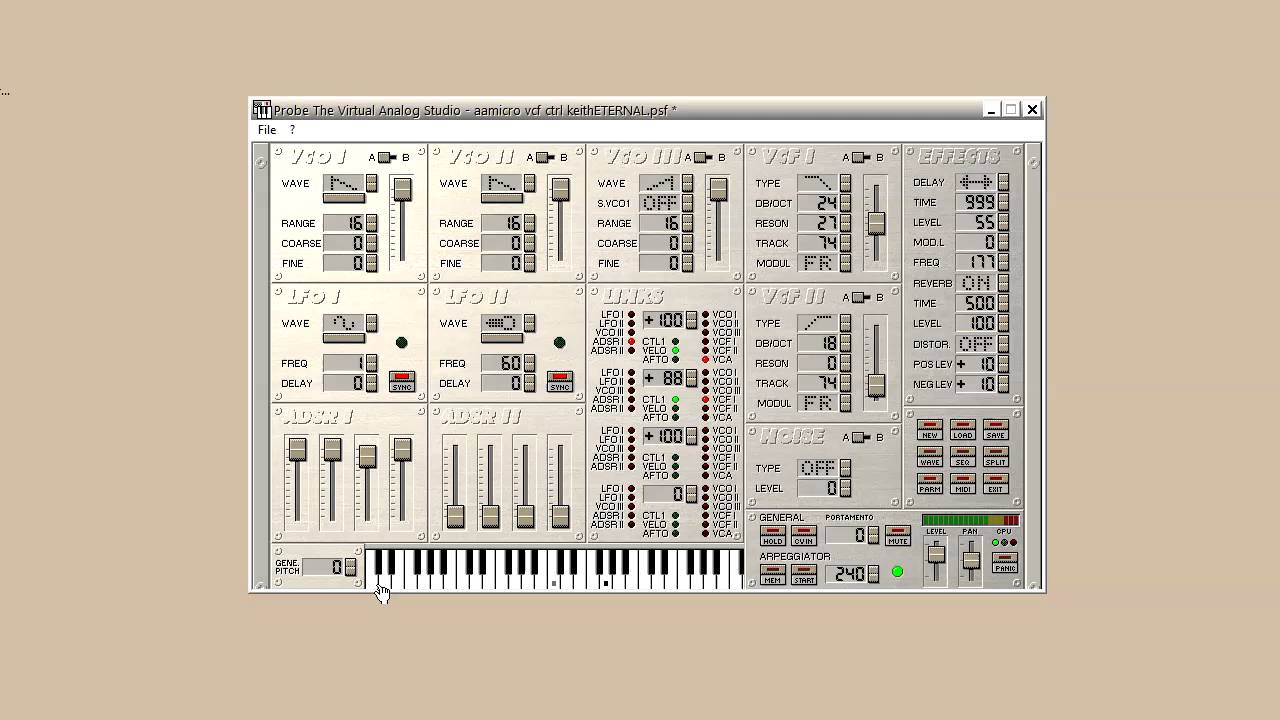I don’t think that CPU power increased that much in the last ten years at all. CPU “CISC” development reached its peak around 2012, and after that, single core performance only increased very slightly for the amount of time.
Lately though there were bigger jumps again, due ARM innovations, which also motivated quasi monopolists like Intel to do a better job now.
Then the OS vendors (mainly Microsoft and Apple) are constantly adding a lot of high level complexity to their OSes and APIs, and also very questionable approaches in pseudo security which makes the job a lot more difficult for the audio developers. So only if you always keep in sync with the recent APIs and ways in your plugins, you can benefit with a little performance improvement. This is way too much effort for the most plugin devs. Then most GPU development barely takes audio processing into account. Maybe it is possible already with shaders, metal or whatever, but I assume that no developer ever would like to do the hardware / os vendors job trying to use these APIs for audio, since it might lead into a total loss of investment, and I think the support of the OS vendors simply sucks.
A new area were those recent plugins using neural networking stuff, e.g. that tape ai plugin (TAIP? forgot the name), but honestly, I can’t hear a benefit so far. In the end, audio development also is a lot about finetuning the parameters, translation curves etc. within a tiny sweetspot which is defined by historical experience in audio production.
Also there is only few innovation in workflow, especially in plugin development. This of course is only my personal opinion. So I couldn’t find a vendor which unites awesome programming with the recent UX / usability standards. What we see are mostly analog / and now digital emulations with little vision. Even the UX limitations of the ancient originals often are emulated. This might be fun, or feel like a game.
Personally I am still looking for the one-for-everything-synth. U-He for me is the vendor with the most sophisticated synth engine and stability. Yet their UX often is a bit clunky when it comes to their workstation synths, like Zebra 2 (which is very old to be fair, from 2002). I really like VPS Avenger for the super easy workflow in modulation, the huge free drawble envelopes, very good and modern filters and also the stunning fx. Yet it suffers from poor performance / coding and ignores common programming disciplines, so it easily kills any CPU due spikes. It seems to me that the effort to fix each vendors weakpoints is so big that it barely will ever happen. Once a plugin reached production state, usually a vendor barely will improve it anymore, because it already sells. Maybe this would change, if a roadmap with payble regular updates was more common. Lack of functional updates might also be caused by the lack of audio dsp frameworks in the past, i.e. due the inflexible code structure and oldschool frameworks. Sometimes though smart vendors join into a team, just like it happens between U-He and Bitwig. Maybe the result will be something great. The synths fulfilling my dreams here so far are (highly subjective): UVI Falcon, U-He Zebra 2, Melda MSoundFactory, Bitwig modulation system, (VPS Avenger). But each of those lacks in a specific area. It is a pity that these smart people do not join into a collaboration.
In short, I think audio development does not lack in CPU power or better quality algorithms, but instead of real innovative UX and flexibility. And by that I do not mean the most original skeumorphism. I mean really well thought speedup and simplification in usability and visual feedback for example, or there is not reason to limit the amount of filters, OSCs etc in a digital environment. This though requires a bird’s view understanding across a lot of disciplines, and in the end, the captalistic system / west world education is weak exactly at this point.
On the other hand recent synths which easily kill your CPU often sound clearer/smoother than synths from 2002, which is fascinating, not neccessarily better though. Regarding CPU usage, the opposite can be true, too: So it happens that MSoundFactory produces alias-free output and barely stresses the CPU at the same time. This is a proof that it is actually possible to deliver the recent algorithmic quality and yet not stressing your old CPU at the same time.
I hope I could contribute something to your investigation.
![[Vinesauce] Vinny - Text to MIDI](https://forum.renoise.com/uploads/default/original/3X/5/f/5f934bfaf789e56124e07122a17dd040c5d0c8e8.jpeg)

